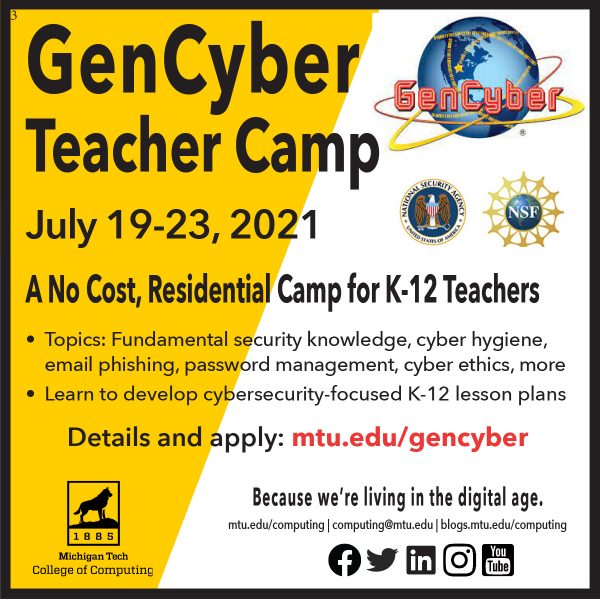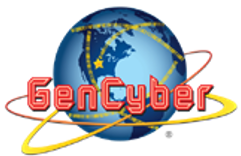by Department of Computer Science
We are looking for volunteers to take part in a study exploring how people may interact with future Augmented Reality (AR) interfaces. During the study, you will record videos of yourself tapping on a printed keyboard. The study takes approximately one hour, and you will be paid $15 for your time. You will complete the study at your home.
To participate you must meet the following requirements:
- You must have access to an Android mobile phone
- You must have access to a printer
- You must be a fluent speaker of English
- You must be 18 years of age or older
- You must live in the United States
If you would like to take part, please contact rhabibi@mtu.edu

